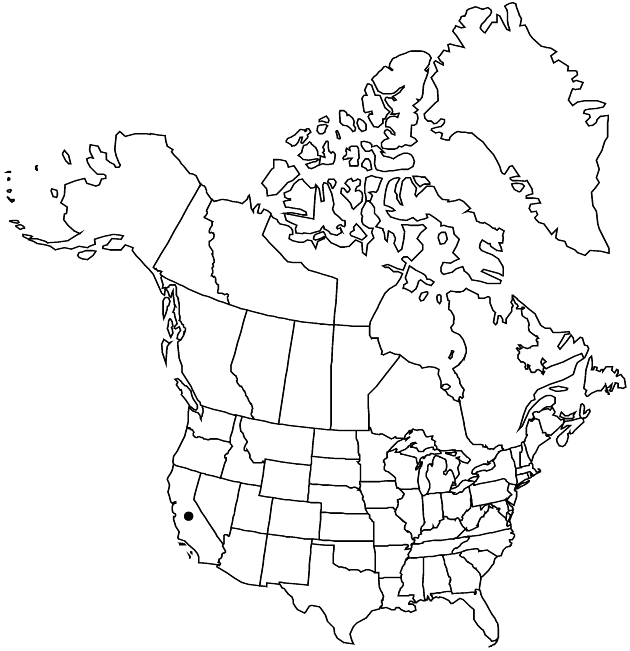Difference between revisions of "Pseudobahia peirsonii"
Aliso 2: 84, plate 12, fig. F, plate 13, fig. D. 1949.
Common names: San Joaquin adobe sunburst
EndemicConservation concern
imported>Volume Importer |
imported>Volume Importer |
||
| Line 55: | Line 55: | ||
|publication year=1949 | |publication year=1949 | ||
|special status=Endemic;Conservation concern | |special status=Endemic;Conservation concern | ||
| − | |source xml=https:// | + | |source xml=https://bitbucket.org/aafc-mbb/fna-data-curation/src/2e0870ddd59836b60bcf96646a41e87ea5a5943a/coarse_grained_fna_xml/V19-20-21/V21_883.xml |
|tribe=Asteraceae tribe Heliantheae | |tribe=Asteraceae tribe Heliantheae | ||
|subtribe=Asteraceae (tribe Heliantheae) subtribe Baeriinae | |subtribe=Asteraceae (tribe Heliantheae) subtribe Baeriinae | ||
Latest revision as of 21:15, 5 November 2020
Plants to 70 cm. Leaves 20–60 mm, mostly 2-pinnately (1-pinnately in smaller plants) lobed (lobes 1–5 mm wide). Peduncles 20–80 mm. Phyllaries ± 8, connate at bases, oblanceolate. Ray florets ± 8. Disc florets 25+; tubes cylindro-funnelform, gradually dilated, lobes with glandular hairs. Cypselae ± 3 mm. 2n = 16.
Phenology: Flowering Mar–May.
Habitat: Bare, clayey areas in grasslands
Elevation: 100–900 m
Discussion
Of conservation concern.
Within populations, some individuals of Pseudobahia peirsonii have ray corollas with ultraviolet-reflective tips, others not.
Selected References
None.
Lower Taxa
None.
